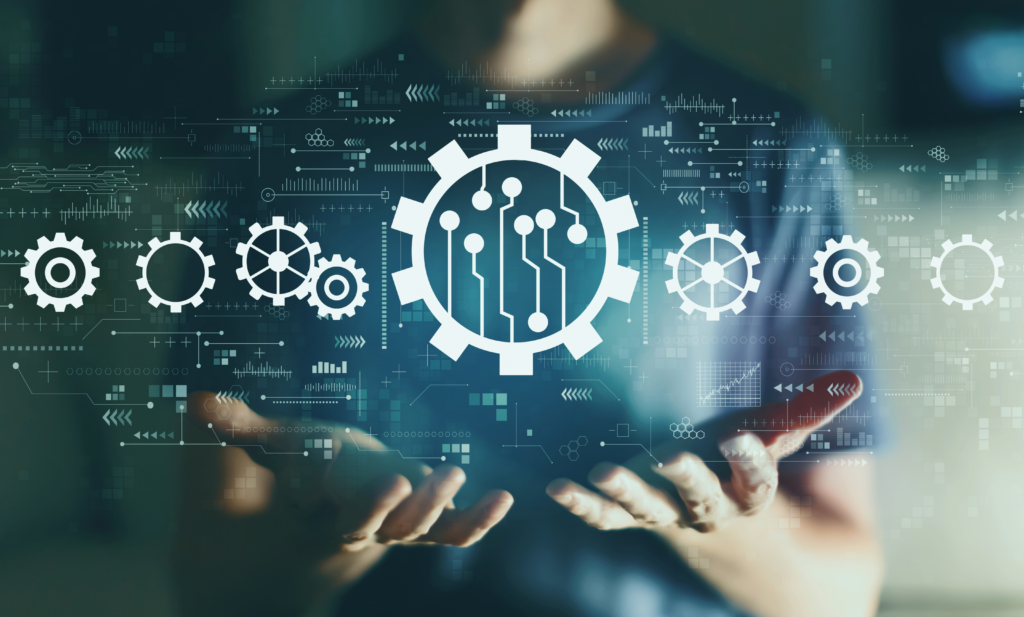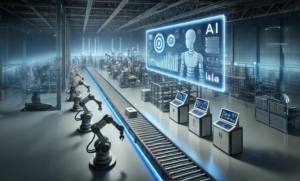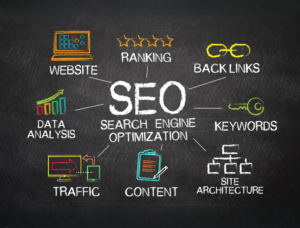Artificial Intelligence (AI) and automation are transforming how businesses operate, but understanding the key differences is essential for leveraging their full potential. This guide will explain what sets these technologies apart and how you can use them to optimize your workflows.
What Is Automation?
Automation refers to the use of systems or robots to perform repetitive tasks based on predefined rules. It’s about consistency and reliability. Once a task is automated, the system will carry it out the same way every time, without variation.
How Automation Works
Think of automation as a robot following a checklist:
- Rules-Based: Automation relies on clear instructions. For example, a script might tell software to move data from one system to another.
- Repetitive Tasks: It’s perfect for repetitive jobs, like sending emails or processing invoices.
- Efficiency First: Automation increases speed and reduces errors in tasks that don’t require critical thinking.
Real-World Examples of Automation
- Industrial manufacturing (e.g., assembling cars).
- Office workflows, such as automated email responses or invoice generation.
- Smart home devices like robot vacuums that clean on a schedule.
What Is Artificial Intelligence (AI)?
AI is about teaching machines to think like humans—or at least to mimic cognitive functions like learning, decision-making, and problem-solving. Unlike automation, AI adapts to new information and evolves over time.
How AI Works
AI systems process data using algorithms and machine learning models. These systems can:
- Analyze Patterns: Learn from data to make predictions or recommendations.
- Adapt: Change their approach based on new inputs.
- Make Decisions: Use advanced reasoning to select the best course of action.
Examples of AI in Action
- Chatbots providing personalized customer support.
- Predictive analytics to forecast trends.
- Image recognition software that identifies objects in photos.
AI vs. Automation: The Key Differences
Purpose
- Automation: Executes predefined tasks with precision and speed.
- AI: Mimics human intelligence, making decisions and learning over time.
Complexity
- Automation: Static and straightforward, focused on rules.
- AI: Dynamic, capable of adapting to new scenarios and data.
Applications
- Automation: Suitable for repetitive, rules-based tasks like data entry or assembly line work.
- AI: Ideal for tasks requiring judgment, like fraud detection or customer personalization.
How AI and Automation Work Together
When combined, AI and automation can transform operations. For example:
- Customer Support: Automation classifies emails; AI interprets them and sends personalized replies.
- Efficiency Gains: Automation handles repetitive tasks while AI optimizes processes by learning from data.
This synergy enables what experts call “hyperautomation,” a state where automation becomes smarter and more dynamic with AI.
FAQs About AI and Automation
What Are AI Automation Tools?
AI automation tools combine automation’s efficiency with AI’s intelligence.
Examples include:
- Chatbots: Like ChatGPT, for customer engagement.
- Process Automation Software: Tools like UiPath for automating office workflows.
- Predictive Analytics Platforms: Systems that forecast trends using AI.
How Are AI and Automation Changing the Nature of Work?
AI and automation are reshaping industries by:
- Automating repetitive jobs to free up employees for creative tasks.
- Enhancing decision-making with AI-driven insights.
- Streamlining operations, saving costs, and boosting productivity.
FAQs About Top Gear Bylaws
Was ist Top Gear Bylaws?
Top Gear Bylaws is a company that offers marketing and AI automation services to help businesses improve efficiency, implement innovative strategies, and generate qualified leads.
What Services Does Top Gear Bylaws Offer?
Our range of services includes:
- Marketing Strategies: Developing effective campaigns to reach your target audience.
- AI Automation: Integrating state-of-the-art AI tools to optimize workflows.
- Lead Generation: Using AI to identify and engage potential customers.
- Consulting: Providing tailored solutions to drive your digital transformation.
How Does Top Gear Bylaws Support Lead Generation?
We leverage AI automation to optimize the lead generation process:
- Target Audience Analysis: AI-powered tools analyze data to identify promising leads.
- Automated Outreach: Personalized messages and campaigns tailored to lead preferences.
- Higher Conversion Rates: Targeted outreach converts more leads into paying customers.
Which Industries Does Top Gear Bylaws Work With?
We collaborate with businesses from various industries, including:
- Retail
- Service Sector
- Technology and Start-Ups
- Healthcare
- E-Commerce
- Hospitality
- Manufacturing
Why Should I Choose Top Gear Bylaws for My Business?
- Experience: We combine deep marketing expertise with innovative AI technology.
- Industry-Specific Solutions: Our strategies are tailored to the unique needs of your industry.
- Lead Generation: We help expand your customer base with smart and efficient methods.
How Can I Work With Top Gear Bylaws?
Contact us via our website or email. After analyzing your needs, we’ll create a customized plan to help you achieve your business goals and maximize efficiency.
Final Thoughts
Understanding the differences between AI and automation is the first step in leveraging these technologies. While automation boosts efficiency for repetitive tasks, AI opens doors to innovation and smarter decision-making. Together, they can revolutionize your business processes, helping you save time, reduce costs, and stay competitive in an evolving market.



